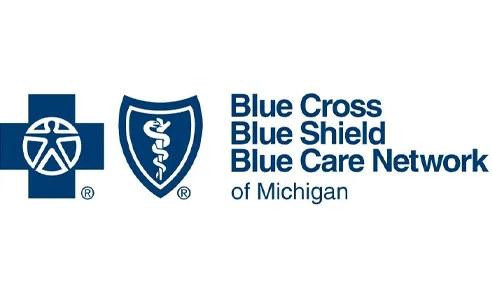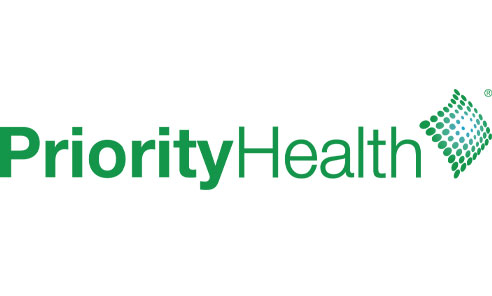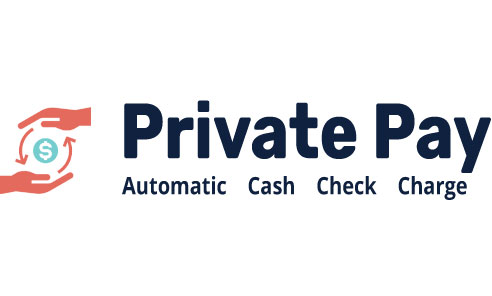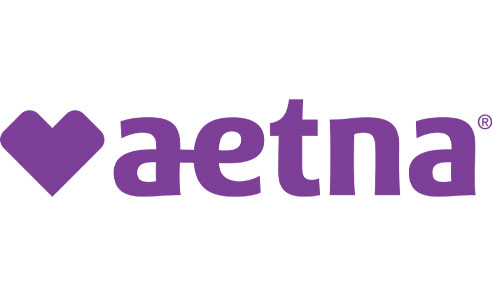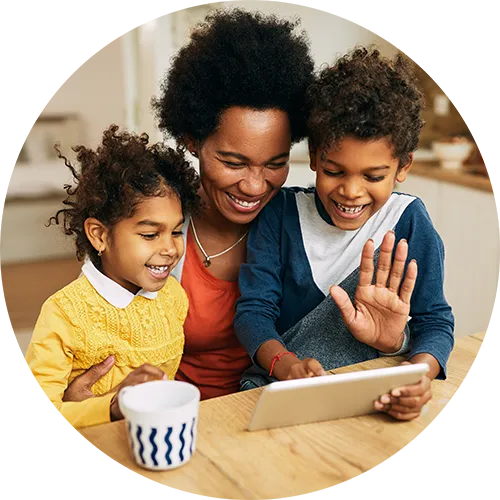
Online Therapy for Kids
Supporting Your Child Towards a Brighter Future
Ensuring kids have access to mental healthcare from an early age is crucial for their overall development and future success. Early intervention can make all the difference, helping to address issues and develop their strengths so they can live their fullest life.
Our online therapy for kids offers timely, practical support, ensuring your child has access to the mental healthcare they need–when they need it.
Start My Wellness offers virtual therapy sessions for kids and their parents via Zoom or Skype for Michigan residents. With a focus on early intervention, we will help your child build the foundation they need for a healthier, happier future.
Why Choose Online Therapy for Kids?

Convenient and Accessible

Specialized Care

Interactive Sessions

Comfortable and Familiar
Empowering Young Minds With Early Intervention and Support
Therapy for kids is a collaborative process. Parents play a vital role in their children’s progress, and at Start My Wellness, we ensure you’re involved every step of the way. Parental education and ongoing support outside of therapy are as essential as the sessions themselves and go a long way toward creating the support system your child deserves.
With online therapy for kids, you don’t have to choose between quality and accessibility. Our online platform provides the same level of professional care as in-person therapy, offering your child the support they need without the barriers of travel or busy schedules.

Online Therapy Helps Kids and Parents Work on the Following Issues
ADHD & OCD
Anger
Anxiety & Stress
Depression
Divorce
Empowerment
Grief & Loss
Phobias
Life Transitions
Low Self-Esteem
Mood Disorders
Parenting Issues
Personality Disorders
Relationships
Self-Esteem
Thought Disorders
Does Insurance Cover Online Therapy for Kids?
Many insurance plans cover Online Therapy. However, coverage largely depends on the specific insurance provider and plan. We recommend you discuss coverage for behavioral health services with your provider to ensure online therapy is eligible.
Start My Wellness accepts most major insurance plans, including Blue Cross Blue Shield, Aetna, and Priority Health. Additionally, we offer reimbursements by medical savings accounts, including HSAs, MSAs, FSAs, and HRAs.
At Start My Wellness, we understand that one of the most important questions when choosing therapy is, “How much will it cost?”
That’s why we’re committed to providing transparent access to cost and billing information, and offer a free cost estimate before starting therapy.
Our Child Therapists
Specialties
Type of Therapy
Patient Population
Issue Focus
Insurance Accepted
Read Full Bio +
Specialties
Type of Therapy
Patient Population
Issue Focus
Insurance Accepted
Read Full Bio +
Specialties
Type of Therapy
Patient Population
Issue Focus
Insurance Accepted
Read Full Bio +
Specialties
Type of Therapy
Patient Population
Issue Focus
Insurance Accepted
Read Full Bio +
Specialties
Type of Therapy
Patient Population
Issue Focus
Insurance Accepted
Read Full Bio +
Specialties
Type of Therapy
Patient Population
Issue Focus
Insurance Accepted
Read Full Bio +
Specialties
Type of Therapy
Patient Population
Issue Focus
Insurance Accepted
Read Full Bio +
Specialties
Type of Therapy
Patient Population
Issue Focus
Insurance Accepted
Read Full Bio +
Specialties
Type of Therapy
Patient Population
Issue Focus
Insurance Accepted
Read Full Bio +
Specialties
Type of Therapy
Patient Population
Issue Focus
Insurance Accepted
Read Full Bio +
Specialties
Type of Therapy
Patient Population
Issue Focus
Insurance Accepted
Read Full Bio +
Specialties
Type of Therapy
Patient Population
Issue Focus
Insurance Accepted
Read Full Bio +
Specialties
Type of Therapy
Patient Population
Issue Focus
Insurance Accepted
Read Full Bio +
Specialties
Type of Therapy
Patient Population
Issue Focus
Insurance Accepted
Read Full Bio +
Specialties
Type of Therapy
Patient Population
Issue Focus
Insurance Accepted
Read Full Bio +
Specialties
Type of Therapy
Patient Population
Issue Focus
Insurance Accepted
Read Full Bio +
Make an Appointment
To get started with Start My Wellness, schedule an appointment online or call 248-514-4955. During the scheduling process, we will ask questions to match you with the therapist who will best meet your needs including service type, emotional symptoms and availability.
Call (248) 514-4955
-OR-
Frequently Asked Questions About Online Therapy for Kids
HIDDEN - DO NOT DELETE
Is Online Therapy Effective for Kids?
What Type of Online Therapy is Best for Children?
Is it Normal for Kids to Go to Therapy?
How to Tell if My Child Has Behavioral Problems?
Signs of behavioral problems include:
- Frequent outbursts
- Getting into fights
- Decline in academic performance
- Excessive crying or worrying
- Sudden withdrawal from close ones
Behavioral problems don’t just include aggression or acting out. They can also include withdrawing, disconnecting, and losing interest. If these issues persist and impact your child’s well-being, online therapy offers an evidence-based approach to address these issues.
How Can I Tell if My Child is Depressed or Anxious?
At What Age Do Children Develop Autism?
Autism is a lifelong condition that can be identified as early as 18 months, and signs begin to show up more frequently at 2-3 years of age. The best practice is to conduct wellness screenings with your child’s pediatrician at 18- and 24 months and monitor for developmental delays, such as being unable to recognize non-verbal communication by 18 months.
Do I Participate in Therapy With My Child?
Parent involvement is crucial, and research has shown that active participation and reinforcement of therapeutic strategies at home provide the most effective support. However, the role of involvement depends mainly on your children’s needs and developmental stage.
Generally, the younger a child is, the more they will benefit from parental participation and role-modeling. The older and more independent a child or adolescent is, the more likely they will desire one-on-one sessions and confidentiality.
How Long Will a Therapy Session Take for My Child?
Will My Child Have to Take Medication?
However, medication can only be prescribed by a psychiatrist or medical doctor and only after an initial screening to determine if it’s the best option.
